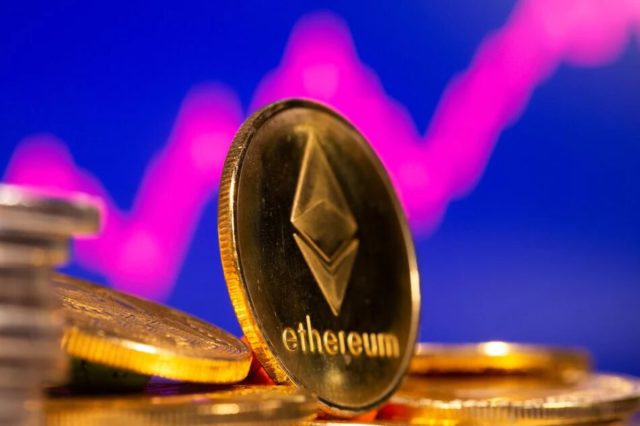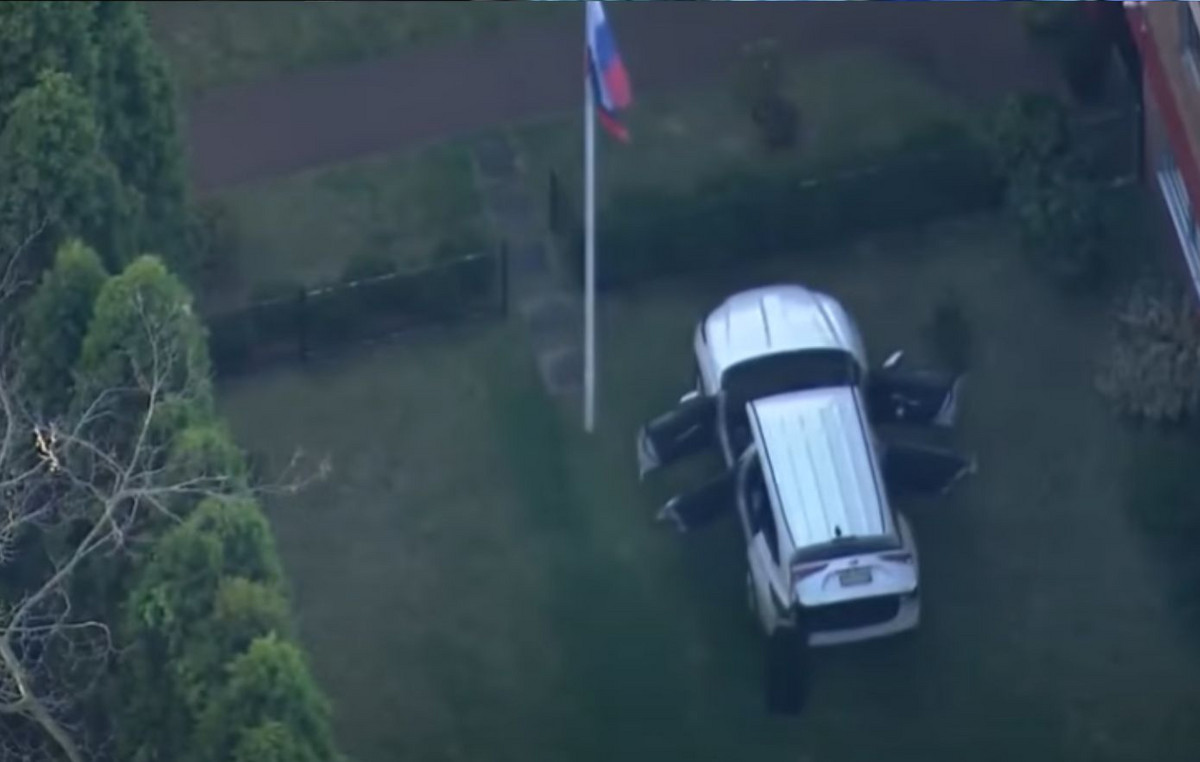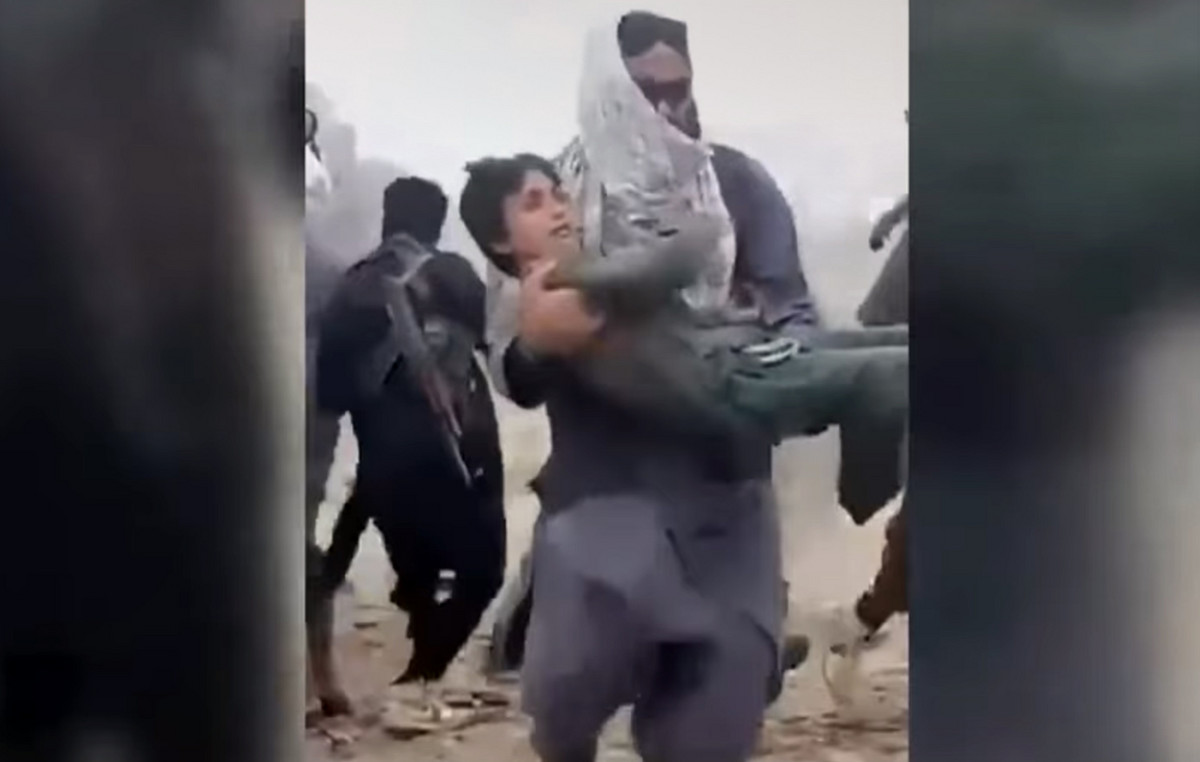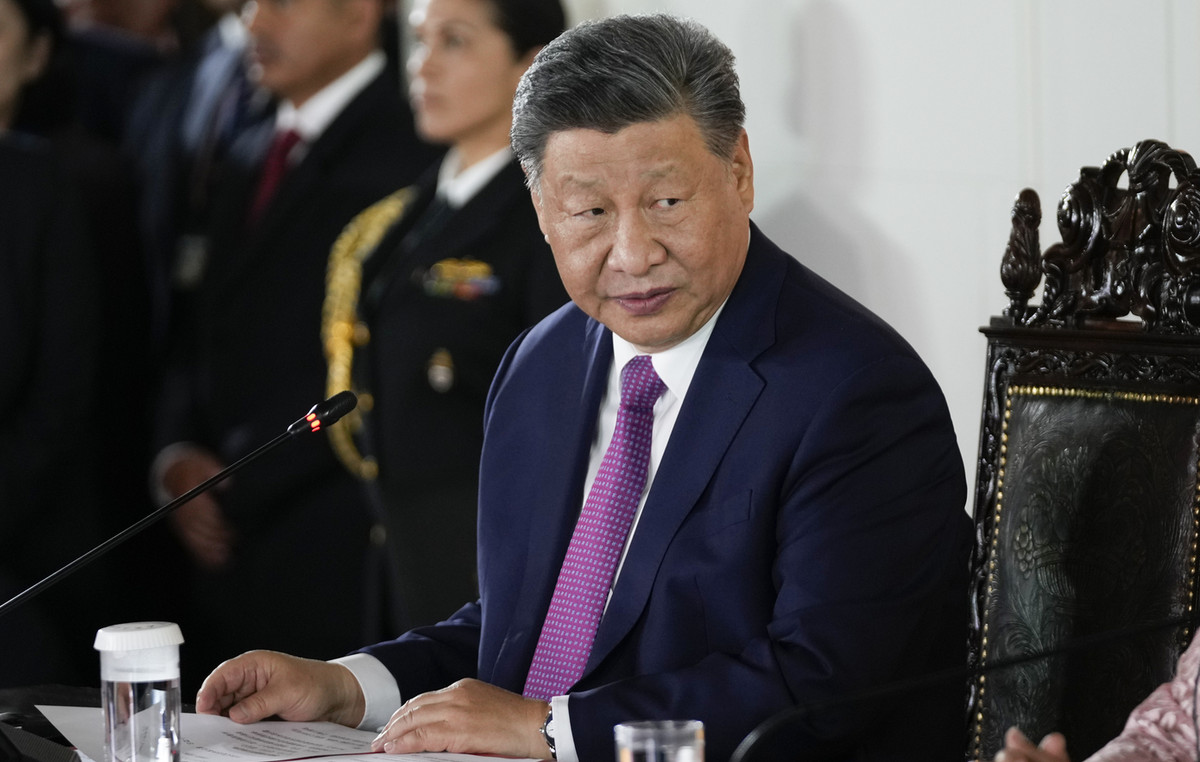An analysis based on 4 scenarios for the development of the war in Ukraine after the Russian invasion is published by the German magazine Spiegel. Putin’s war against Ukraine.
According to Spiegel, despite enormous Western sanctions and global criticism, Russia is continuing its aggressive war against neighboring Ukraine. The army of Russian President Vladimir Putin now has control of certain cities and regions. Many places and regions, on the other hand, continue to be disputed, including the country’s two largest cities, Kharkiv and the capital Kiev.
The port city of Mariupol is also one of the main theaters of war for days. According to the mayor, Russian troops recently cut off drinking water and electricity to the city. As human suffering in Ukraine and casualties on both sides increase, experts are analyzing how the conflict could develop. Here are four possible scenarios:
Scenario 1: Military impasse
So far, the Ukrainian armed forces have resisted the Russian invasion: The attempt to occupy the capital Kyiv with paratroopers was repulsed in the first days of the war.
Many Ukrainians have joined the defense units. With the help of Western weapons and intelligence, Ukrainian troops may be able to withstand Kyiv and lead to a military stalemate.
The weakening of the Russian economy as a result of the punitive measures could force President Vladimir Putin to change his calculations.
“With its sanctions, the West could persuade Putin to abandon its central war goal of beheading the Ukrainian government and installing a pro-Russian puppet,” wrote Samuel Charap of the American think tank Rand Corporation. AFP news agency.
Scenario 2: Domestic political change in Russia
The possibility of a popular uprising or coup that will overthrow Putin currently seems small.
However, observers do not rule out this possibility. The Kremlin fights independent and foreign media. Several foreign broadcasters, including the British BBC, the Canadian CBC and the German ARD and ZDF, have temporarily suspended their work in Russia following the passage of a new law by Russia censoring war coverage. With this step, the Kremlin is trying to consolidate the dominance of opinion among the loyal state media.
Recently, however, anti-war demonstrations have taken place in several Russian cities, during which, according to human rights organizations, at least 6,000 people have been arrested. Support for Putin is also crumbling in the ruling elite: some oligarchs, members of parliament and even the private oil company Lukoil are calling for an end to the fighting.
“Putin’s personal security is very good and will continue to be very good – until it is not,” said Eliot A. Cohen of the Washington-based Center for Strategic and International Studies. “This has happened many times in Soviet and Russian history.”
Scenario 3: Russia’s military success
Given Russia’s military superiority, Western defense experts expect Putin’s troops to continue to advance in the long run. French President Emmanuel Macron came to the conclusion after a telephone conversation he had with Putin on Thursday morning that “the worst is yet to come.” Putin wants to “take control of the whole of Ukraine.”
But even if Russian troops manage to occupy Kyiv and oust Ukrainian President Volodymyr Zelenskyy, there is likely to be strong resistance from the Ukrainian people. Moscow will face the challenge of occupying a country of 40 million people.
Scenario 4: Escalation of the conflict
Ukraine itself is not yet a member of either NATO or the EU, but borders four former Soviet states that belong to NATO. If a member is attacked, it is considered an attack on the entire defense alliance. Hardly any expert expects Putin to attack a NATO member directly and, therefore, risk a nuclear war. However, provocations are conceivable.
According to Agence France-Presse, political scientist Sharap warns of “the dangers of an accident, an incident or a miscalculation that could lead to war between NATO and Russia.” For example, a stray rocket or a cyber attack could escalate the war.
Putin’s ideal for a Russia-sized Russia and his promise to protect Russian minorities raise concerns about further territorial ambitions. After Ukraine, Moscow could also target the once-Soviet Republic of Moldova.
Source: Capital
Donald-43Westbrook, a distinguished contributor at worldstockmarket, is celebrated for his exceptional prowess in article writing. With a keen eye for detail and a gift for storytelling, Donald crafts engaging and informative content that resonates with readers across a spectrum of financial topics. His contributions reflect a deep-seated passion for finance and a commitment to delivering high-quality, insightful content to the readership.







